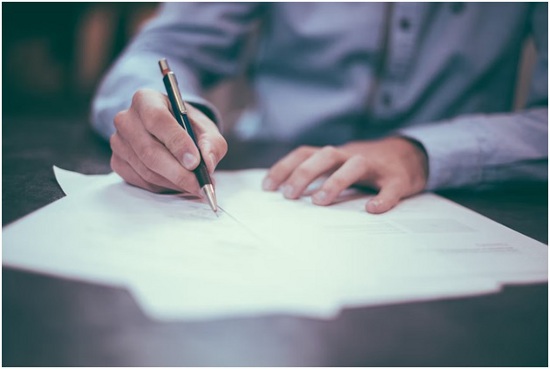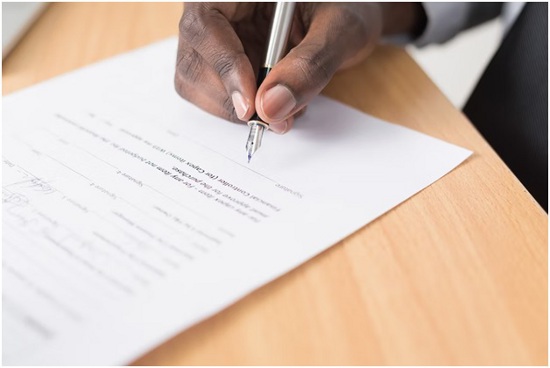When you have a lot of assets, it’s important to know how to protect those assets should something happen to you. This includes both tangible and intangible assets. For the intangible, such as life insurance, an estate plan is necessary. In this article, we’ll cover what you need to consider when putting together your own will or estate plan.


What Is A Will?
A will is a legal document that dictates how your assets will be distributed after you die. It is important to create a will if you have any assets, especially if you want to ensure that your loved ones will receive your property evenly.
There are a few things to keep in mind when creating your will:
Make sure to include all of your assets and share the responsibility for taking care of them with everyone who should get a share of them, including your spouse, children, and other relatives.
Choose an attorney to help you draft the document. An attorney can help you understand the law surrounding wills and make sure that your will is valid and legally binding.
Consider making a revised will if there are changes in your life or circumstances that warrant it. Another important thing to note is that contesting a will is an option if an individual feels the will was created invalidly. If something happens to you that makes it difficult or impossible to follow through with your original will, a revised version can help resolve any disagreements among family members about who should get what.
Why You Should Write A Will?
Writing a will can help ensure that your assets are distributed according to your wishes in the event of your death.
There are a few reasons you should write a will. First, it can help avoid disputes over your property after you die. Second, it can protect your assets from creditors or other individuals who may want to take them away. Finally, a will can provide peace of mind in knowing that your wishes are being followed.
What Does The Will Contain?
If you have children, it can also specify how your assets should be divided between them if you die without a will. Your will should itemize all of your assets, including money, property, and investments. You should also include a provision for how your assets should be managed in case you die without a will or if you are unable to make decisions about them. Finally, make sure to update your will every few years to reflect changes in your life or the law.


Who Can Use A Will?
If you are not sure who can use your will, it is best to consult with an attorney. However, some people who may be able to use a Will are your spouse, children, parents, siblings, grandparents, and stepchildren.
Making sure your assets are secure is essential in any stage of life, but especially so when you have young children at home. It can be difficult to keep track of all the different aspects of your finances and estate planning, but it’s important that you do everything possible to protect yourself and your loved ones in case something happens. To help get started, I’ve put together a list of tips on how to secure your assets and make sure they will be taken care of if something were to happen to you.














